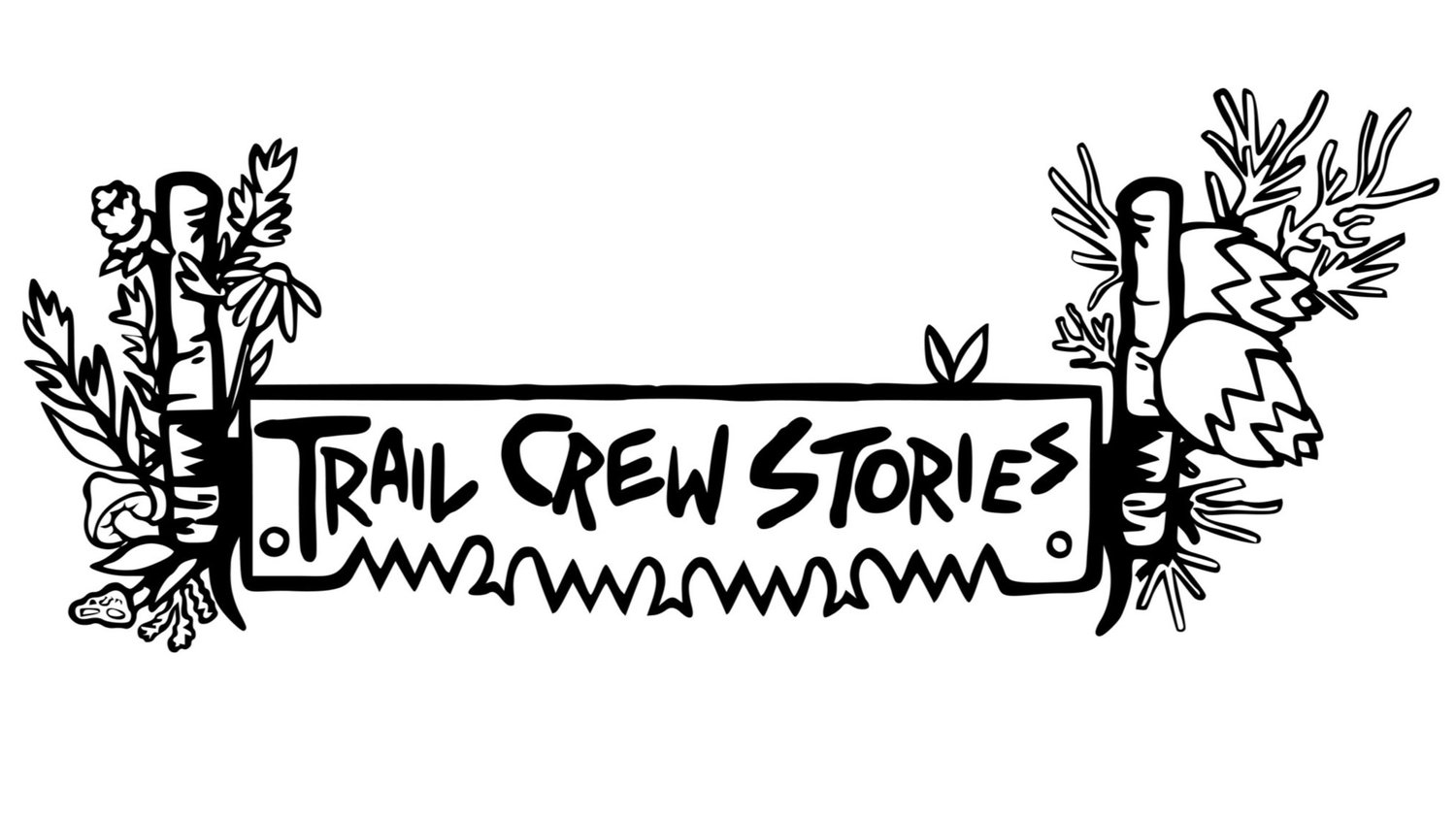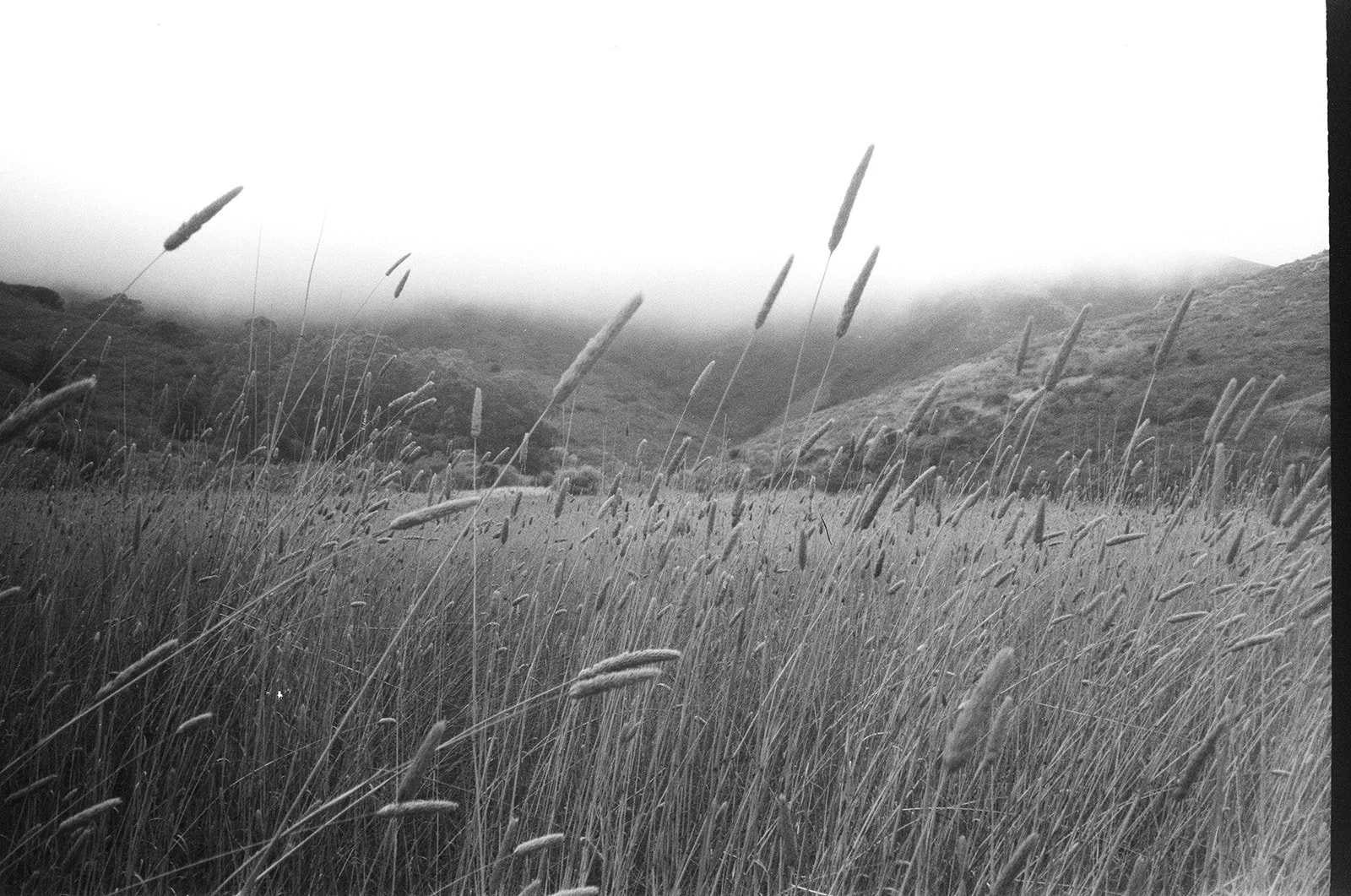Where Do Federal Employees Go From Here? It’s Not On Vacation.
A wet meadow in Tennessee Valley invaded by Phalaris aquatica, Harding grass, awaiting restoration; August 2022. Photo by the author.
In the week after inauguration, we—that is, more than 2 million federal employees—received a scheming ploy direct to our email inboxes under the heading “Fork in the Road.” It talked about a “deferred resignation” buyout. Leave your work, it goaded, and take a vacation.
The email interrupted me—the current National Park Service biologist for Tennessee Valley, in Marin County, California—from researching more than 50 years of tending the land during the interval of management after Nixon signed the Golden Gate National Recreation Area into existence in 1972.
A few Saturdays before the Fork in the Road, my colleagues and I had led service events for volunteers in commemoration of Martin Luther King Jr.’s life and work. In 1967, for a piece called “Where Do We Go From Here: Chaos or Community,” King wrote, “Power without love is reckless and abusive…love without power is sentimental and anemic.”
Together, the Tennessee Valley volunteers and I planted native plants into a wet meadow, where the biologists who preceded me had also thought and worked.
The teen boys worked for five minutes before lounging lazily and trading threats. The parent-child duos planted contentedly. A group of friends in their 20s coached each other on technique. A longtime volunteer watered the plants in. Our three trainees picked up pots. I thought about King’s words. One of the teen boys approached me with a salamander shaded in his gloved hand. At the end of the work day, I asked everyone to share one dreamy thought.
They dreamed of returning—next year, in five years—to see how their plantings were doing. They dreamed of deeper connection and recognition of themselves, the land, and themselves in the land. A middle-aged man said, “in a few days, people in our communities will not feel safe. I dream of making them feel safe.”
How can we make their dreams real? How do we assume our power and take responsibility for ourselves?
Tennessee Valley from Old Springs, the way lit by Toxicoscordion fremontii, Star Lilies, in late February. Photo by the author.
My work is the utterly serious and joyful responsibility of taking care of 2,000 acres of coastal scrub and disappearing prairie, the gossiping sedges whispering to each other when wind combs through its wetlands, the willows, and the silhouette of the gap between the valley walls at the cove where it cuts to the sea, redolent, for me, of the lines of the arms of a sycamore tree that, far away in Pennsylvania, raised me.
I go back and forth about how habitat restoration expresses my love for place and community, for Tennessee Valley as a vessel for so many American narratives, for the nick to the cove that echoes, massively, the expression of the sycamore’s embrace—that echoes my dead mother’s imperfect, impassioned, arms-upflung embrace.
Is it sentimental and anemic to work in a wealthy county, to insulate myself from the thorny problems of policy, say, by being with the plants and salamanders, who are always manifestly themselves, unseeking? Or, as indigenous practice has it, is this the best expression of love we have, implemented as the power to care for a beloved place—to be in physical, regular relation with these others, to model that love and power by choosing to work in the field?
Working for the National Park Service has been, for me, that fraught glimmer of the nobility we might achieve if we brought to fruition the words—life, liberty—that the nation (as civic project, as multifaceted collective) states as its premise. This tension of dueling forces—the extractive, the genocidal, the oligarchic, with the administration of social safety programs and caretaking of lands, waters, and trails—has captivated me and earned my labor. What we do today in natural resources has no profit motive. It exists without a bottom-line by which we might try to enrich ourselves. This work escapes the “fake realism,” to paraphrase Ursula LeGuin, of “the daily stock report” and reaches the meadow. This work places the salamander into the cradle of a boy’s hand.
I have thought a lot about the “masterpiece of total unreality,” to borrow again from LeGuin, of the email inbox. In the park, I look around me at my rigorously idealistic, calloused-palm colleagues; at the harrier hawk that tips and swivels in a curling updraft. There is no wealth like this; the power of loving it is unassailable. These are real. The email isn’t real.
I know that if I get fired through a so-called reduction in force, the community of the National Park Service will aid me and my sick dad, as we will aid them.
This is how we take responsibility for ourselves, as a community in chaos.
And this is why I would never accept the hollow con of deferred resignation, or the fake prosperity it hails.
Where do we go from here? It’s not on vacation.
Tennessee Valley in 2023 summer golden hour glory as viewed from the Old Springs Trail, by the author.



